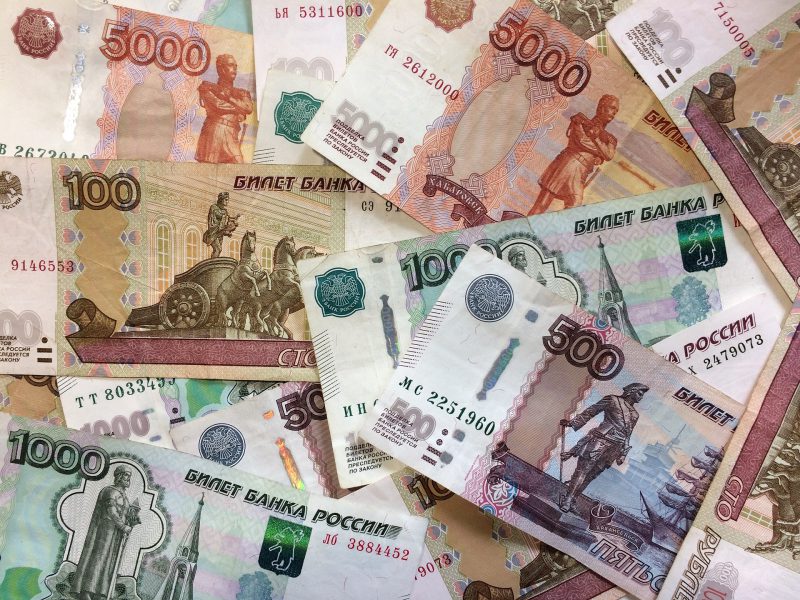Russia’s biggest bank Sberbank issues its own native cryptocurrency called the Sbercoin post the Ukraine invasion.
Since Russia’s invasion of Ukraine, the nation has been subjected to the butchery of sanctions. It eventually blocked it from most of its foreign currency reserves and the global financial framework.
In the middle of it all, Russia’s largest bank announced the establishment of a cryptocurrency.
Sberbank suffered major losses due to the war
Shortly after the invasion began, Sberbank share trading stopped in London after they dropped by 95%. The bank also had to close down its European business as the economy went into chaos.
But on March 17, the Russian central bank issued a license to Sberbank to release its own cryptocurrency.
Sberbank said it would employ blockchain technology to ensure the security of digital transactions, allowing businesses to create their digital assets, buy those created by Sberbank, and conduct other operations.
Sberbank CEO German Gref said in late 2020 that the bank was collaborating with JP Morgan to develop its own cryptocurrency, Sbercoin, although it has yet to go live.
Russia has been struggling ever since the war to meet its dollar-pegged debts. Some say that sbercoin would be used to get around the sanctions.
At the time of writing, Sbercoin is trading at $0.0002071, and its trading volume in the 24 hours is $178,167, according to CoinMarketCap data.
The US and its allies are concerned about using Bitcoin to avoid financial sanctions on Russia.
According to Chainalysis analysis, ruble-to-crypto trade volume had dipped since the war began. The volume bounced over 900 percent to over $70 million in the span of five days – its highest level since May 2021.
The 2021 research by Chainalysis uncovered that Russia indexed first in the world for crypto adoption.
As a result, immense amounts of ruble-denominated crypto-trading may not always imply endeavors to dodge sanctions.





